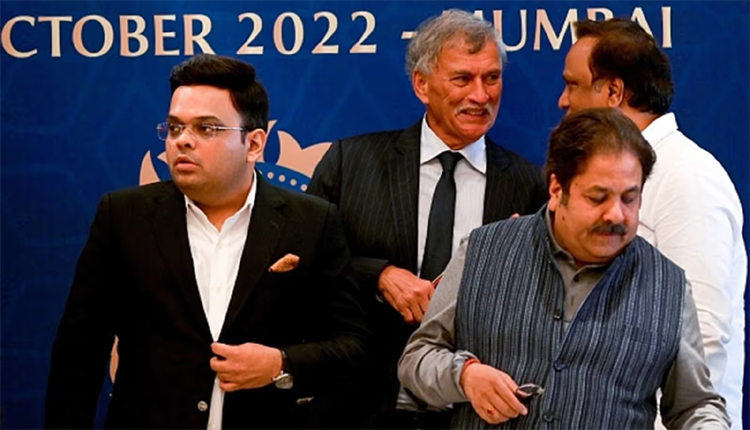Mumbai: Rajeev Shukla, the BCCI vice-president, will take over as interim president in July 2025 when the incumbent chief, Roger Binny, at 70 will be reaching the board’s compulsory retirement age.
Roger Binny, the 1983 World Cup-winning hero, will turn 70 on July 19, 2025, and therefore cannot continue as the BCCI president according to the board’s constitution. Binny, who succeeded Sourav Ganguly in October 2022, guided the BCCI to multiple successful events, including India’s T20 World Cup win in 2024 and Champions Trophy win in 2025.
Rajeev Shukla, senior administrator and Congress MP, will be the interim president until the BCCI AGM in September 2025. Shukla, BCCI’s vice-president since December 2020, previously headed the Indian Premier League (IPL).
The handover falls in line with BCCI’s age-cap rule, which was put in place as part of the Justice Lodha Committee reforms and which compels its office-bearers to demit office once they turn 70. “It’s now a clear-cut case, and Shukla appears to be the front runner,” as discussions among the board officials have already identified him as a frontrunner.
“It seems like Binny will be replaced by Shukla as early as July itself,” a senior BCCI official informed CricBlogger. “Already board officials are speaking his name. Shukla’s decades of experience and IPL involvement make him the obvious successor.
Under Binny’s rule, the BCCI began the Women’s Premier League (WPL) and also made it compulsory for Indian cricketers to play in domestic games; if they didn’t, even the likes of Ishan Kishan lost their annual contracts.
Shukla, 65, may need to be a full-term president at the September AGM, but there was no official word on this either. The BCCI hasn’t made any confirmation about the election process yet.
As Shukla prepares to lead the world’s wealthiest cricket board, his interim role will offer him and the BCCI stability, as well as the opportunity to establish an AGM that could potentially shape the future of Indian cricket.



Comments are closed.